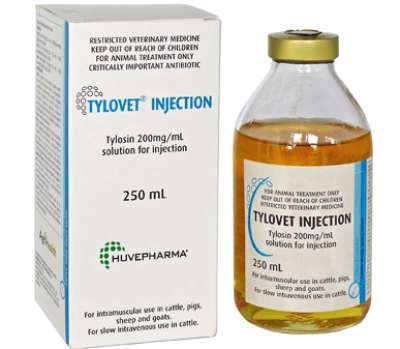Bovine Herpesvirus 1
Bovine herpesvirus 1 (BoHV-1) is a virus of the family Herpesviridae, known to cause several diseases worldwide in cattle, including rhinotracheitis, vaginitis, balanoposthitis, abortion, conjunctivitis, and enteritis. BoHV-1 is also a contributing factor in shipping fever, also known as bovine respiratory disease (BRD). It is spread horizontally through sexual contact, artificial insemination, and aerosol transmission and it may also be transmitted vertically across the placenta.
BoHV-1 can cause both clinical and subclinical infections, depending on the virulence of the strain. Although these symptoms are mainly non-life-threatening it is an economically important disease as infection may cause a drop in milk production and general illthrift. Like other herpesviruses, BoHV-1 causes a lifelong latent infection and sporadic shedding of the virus.
Refer also Infectious Bovine Rhinotracheitis (IBR), a prevalent disease in New Zealand caused by bovine herpevirus infection.
IBR infection in bulls can be problematic, especially during mating, as bulls can infect breeding females (and vice versa) and suffer reduced fertility as a result of infection. It is recommended that bulls are vaccinated against IBR prior to mating.
IBR infection in breeding females in dairy herds or infection in other intensive cattle farming systems can also be costly, especially for naive heifers entering the herd. Contact your vet or the AgriHealth Technical team for advice.
Bovine Herpesvirus 1
Bovine herpesvirus 1 (BoHV-1) is a virus of the family Herpesviridae, known to cause several diseases worldwide in cattle, including rhinotracheitis, vaginitis, balanoposthitis, abortion, conjunctivitis, and enteritis. BoHV-1 is also a contributing factor in shipping fever, also known as bovine respiratory disease (BRD). It is spread horizontally through sexual contact, artificial insemination, and aerosol transmission and it may also be transmitted vertically across the placenta.
BoHV-1 can cause both clinical and subclinical infections, depending on the virulence of the strain. Although these symptoms are mainly non-life-threatening it is an economically important disease as infection may cause a drop in milk production and general illthrift. Like other herpesviruses, BoHV-1 causes a lifelong latent infection and sporadic shedding of the virus.
Refer also Infectious Bovine Rhinotracheitis (IBR), a prevalent disease in New Zealand caused by bovine herpevirus infection.
IBR infection in bulls can be problematic, especially during mating, as bulls can infect breeding females (and vice versa) and suffer reduced fertility as a result of infection. It is recommended that bulls are vaccinated against IBR prior to mating.
IBR infection in breeding females in dairy herds or infection in other intensive cattle farming systems can also be costly, especially for naive heifers entering the herd. Contact your vet or the AgriHealth Technical team for advice.
